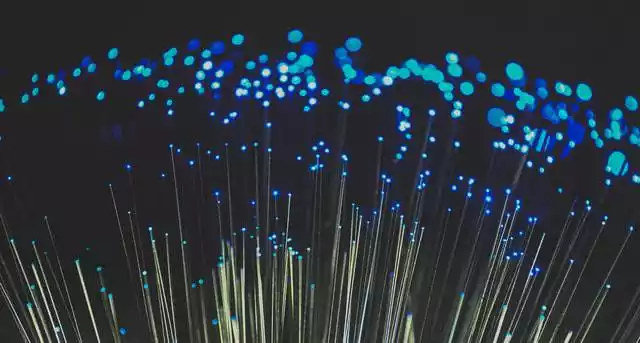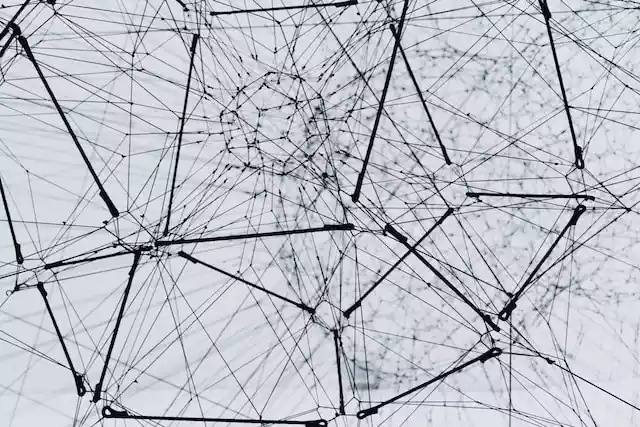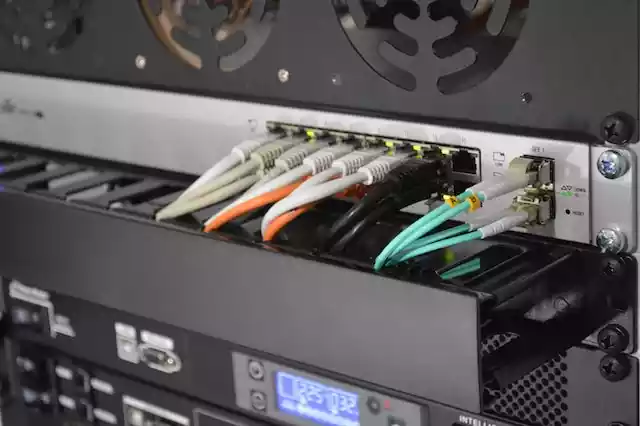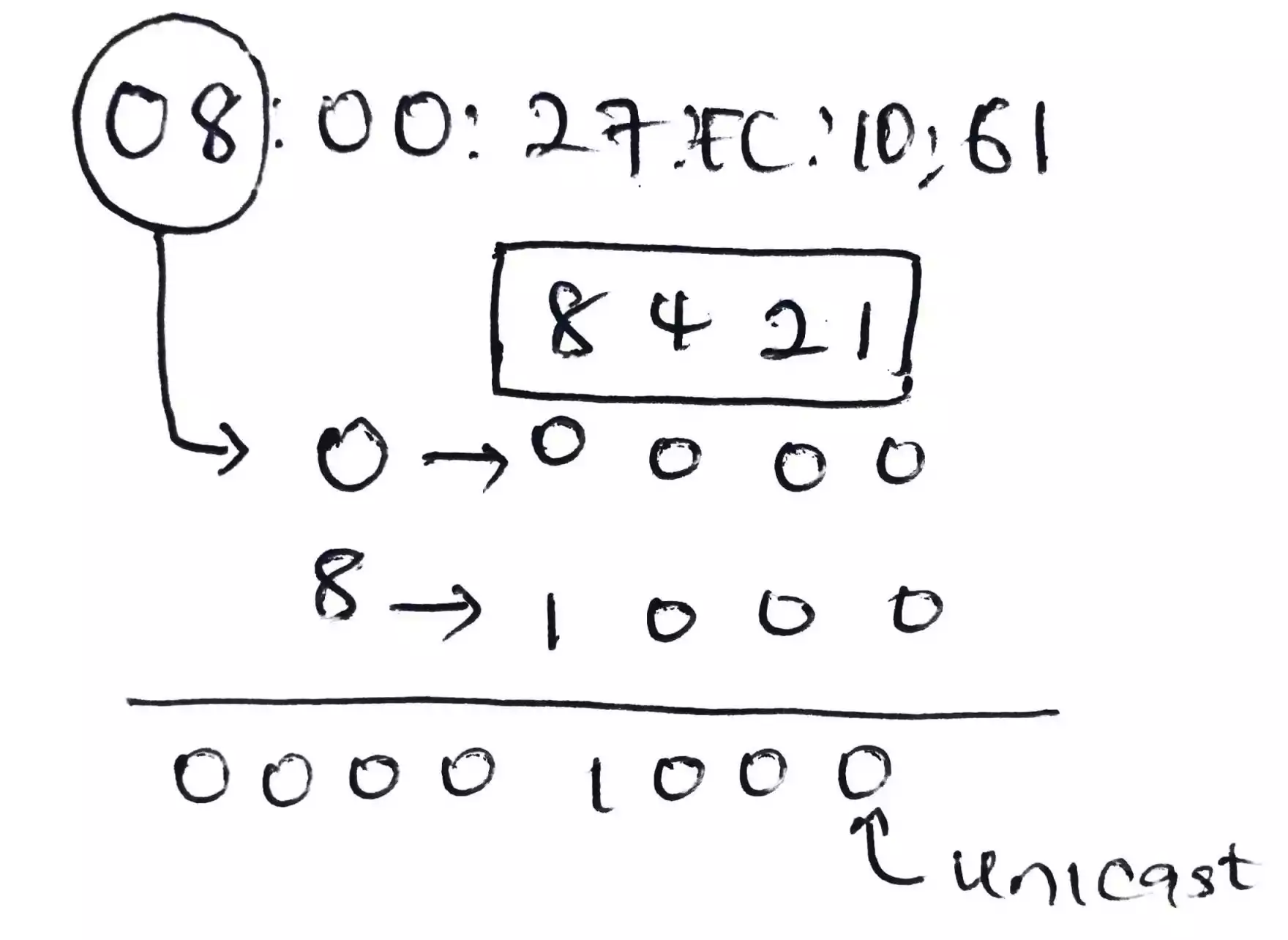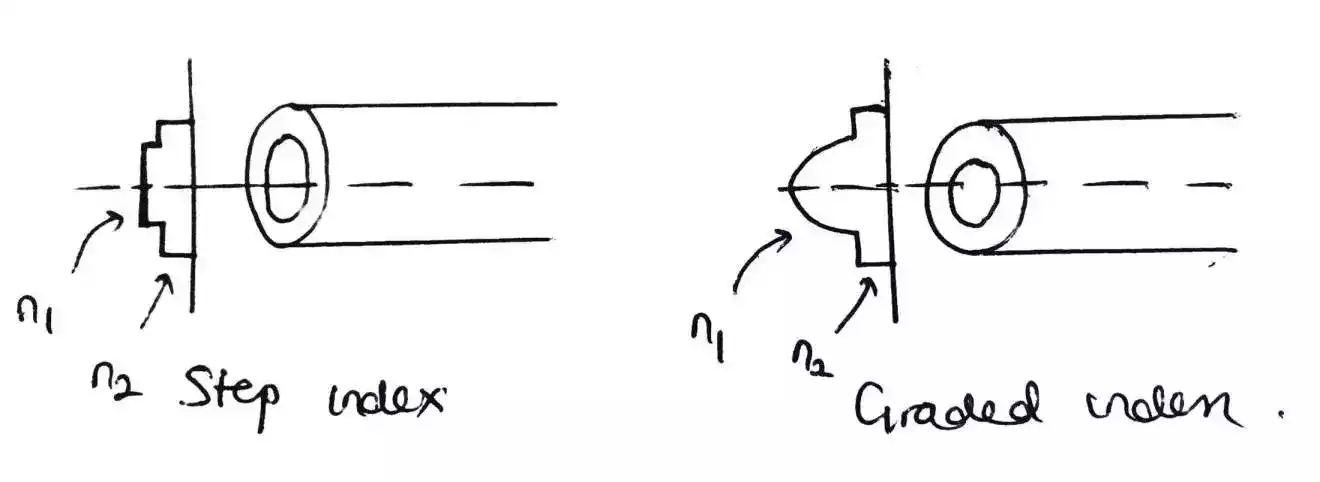Is the GSM Network 2G or 3G?
The GSM network is undoubtedly a 2G (second-generation) network. It stands as the successor to the 1G analog networks. However, the evolution of mobile networks doesn’t stop there.
In this article, we’ll look into the intricacies of 2G and 3G networks, exploring their differences, technologies, and applications.
Table of Contents
The 2G Evolution
The GSM (Global System for Mobile Communications) network marked the advent of digital communication in the mobile world.
Unlike its predecessor, the analog-based 1G network, GSM utilized digital signals for transmitting data.
This advancement brought about remarkable improvements in voice quality and security.
The shift to digital also paved the way for data services like Short Message Service (SMS) and Multimedia Messaging Service (MMS), revolutionizing the way we communicate.
Technology Behind GSM
GSM’s technology, known as Time-division multiple access (TDMA), allowed multiple users to share the same frequency channel by dividing the signal into different time slots.
This efficient utilization of resources contributed to the network’s widespread adoption.
Benefits of GSM
- Enhanced voice quality: The use of digital signals significantly improved voice clarity and reduced noise.
- Security: Digital signals made it harder for unauthorized users to intercept conversations.
- Data services: The introduction of SMS and MMS transformed how people exchanged information.
3G Networks
While GSM was a game-changer, the demand for higher data speeds and more capabilities continued to drive innovation.
Enter the 3G (third-generation) networks, which offered data speeds far beyond what 2G networks could provide.
These faster data speeds made 3G networks suitable for data-intensive applications like video streaming and web browsing.
Technologies Behind 3G
3G networks employed technologies like Code-division multiple access (CDMA) or Wideband Code Division Multiple Access (WCDMA) to achieve higher data speeds.
CDMA allowed multiple signals to be transmitted simultaneously on the same frequency, improving capacity and speed.
Key Differences between GSM and 3G
Let’s summarize the differences between GSM and 3G networks in a table:
| Feature | GSM | 3G |
|---|---|---|
| Technology | TDMA | CDMA or WCDMA |
| Data speeds | Up to 14.4 kbps | Up to 2 Mbps |
| Voice quality | Good | Excellent |
| Security | Good | Excellent |
| Data services | SMS, MMS | Streaming video, web browsing |
Today’s Landscape – From 2G and 3G to 4G and Beyond
As technology continued to evolve, the mobile world transitioned to even faster networks, namely 4G and 5G.
These networks brought forth unprecedented data speeds and opened doors to innovations like real-time video conferencing, IoT devices, and more.
However, it’s worth noting that some GSM networks are still operational, particularly in developing countries where infrastructure upgrades are ongoing.
Wrap Up
As a wrap up, the GSM network is indeed a 2G network, while 3G networks represent the third generation of mobile communication technology.
This evolution from 2G to 3G brought about substantial improvements in data speeds, voice quality, security, and data services.
Today, while the world has largely embraced 4G and 5G networks, the legacy of GSM and 3G networks lives on in some parts of the globe.
FAQs
- Is 3G Faster than GSM? Yes, 3G networks offer significantly higher data speeds compared to GSM networks. This increased speed enables smoother streaming and quicker web browsing.
- Are There Any Advantages to Using GSM? While older, GSM networks still have their place. They tend to have better coverage in rural areas and are more power-efficient, making them suitable for basic communication.
- Can I Still Use a GSM Phone? Yes, you can use a GSM phone on networks that support 2G technology. However, as more networks transition to 4G and 5G, the compatibility of GSM phones may diminish.
- Do 3G Networks Have Better Security? Yes, 3G networks generally offer improved security compared to GSM networks. The use of CDMA technology makes it more difficult for eavesdropping and unauthorized access.
- Will 4G and 5G Replace 2G and 3G Completely? Yes, the transition to 4G and 5G networks is well underway globally. However, in regions where infrastructure upgrades are slower, 2G and 3G networks might continue to operate for some time.
- Can I Still Send SMS and MMS on 3G Networks? Yes, 3G networks support not only SMS and MMS but also a wide range of data services, including web browsing and video streaming.

